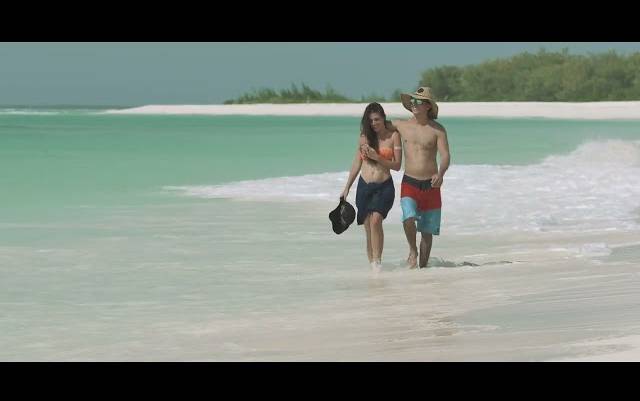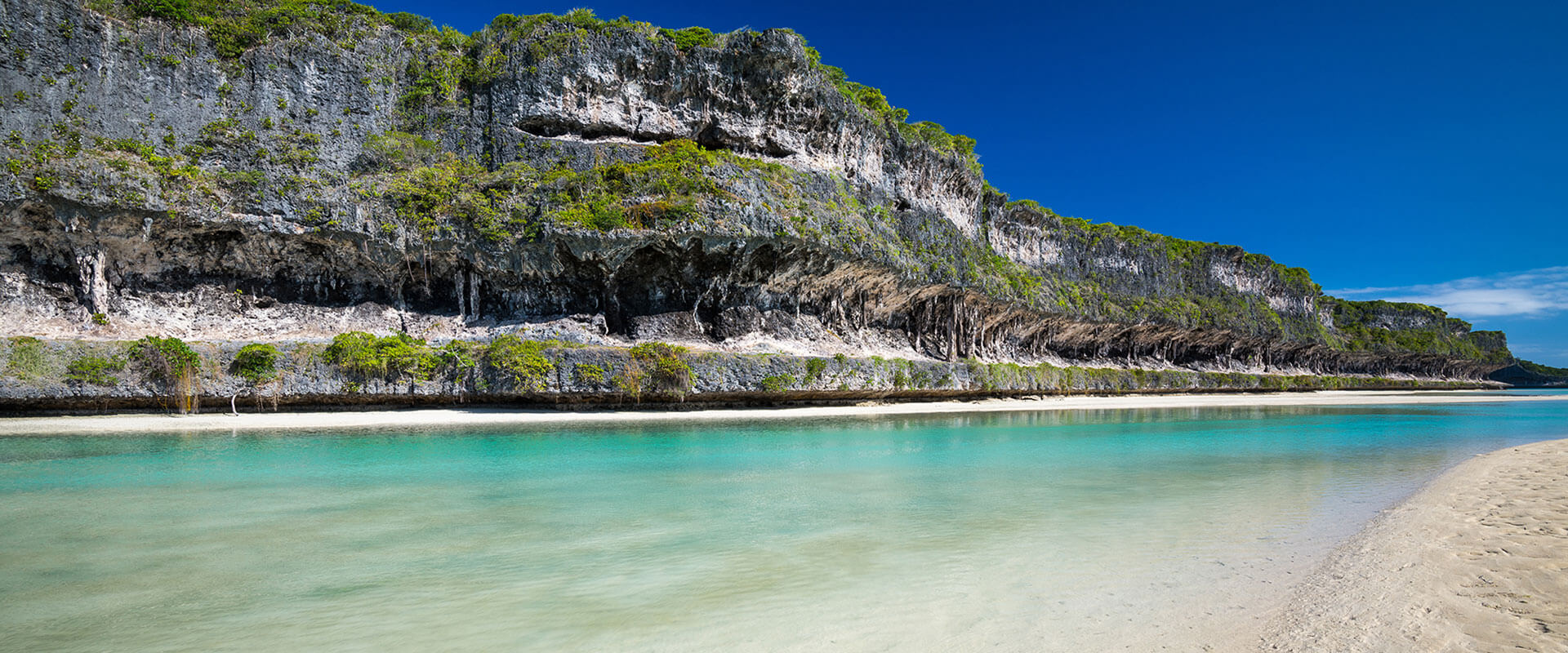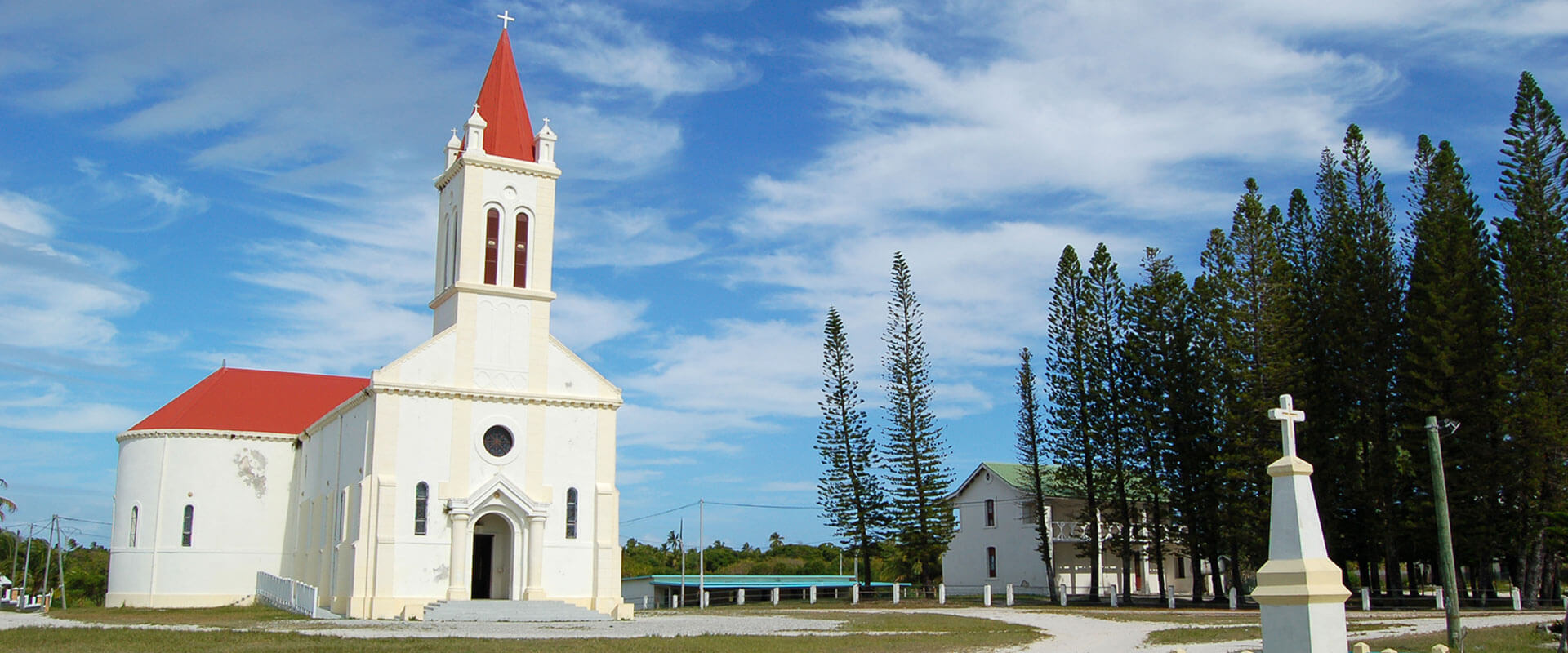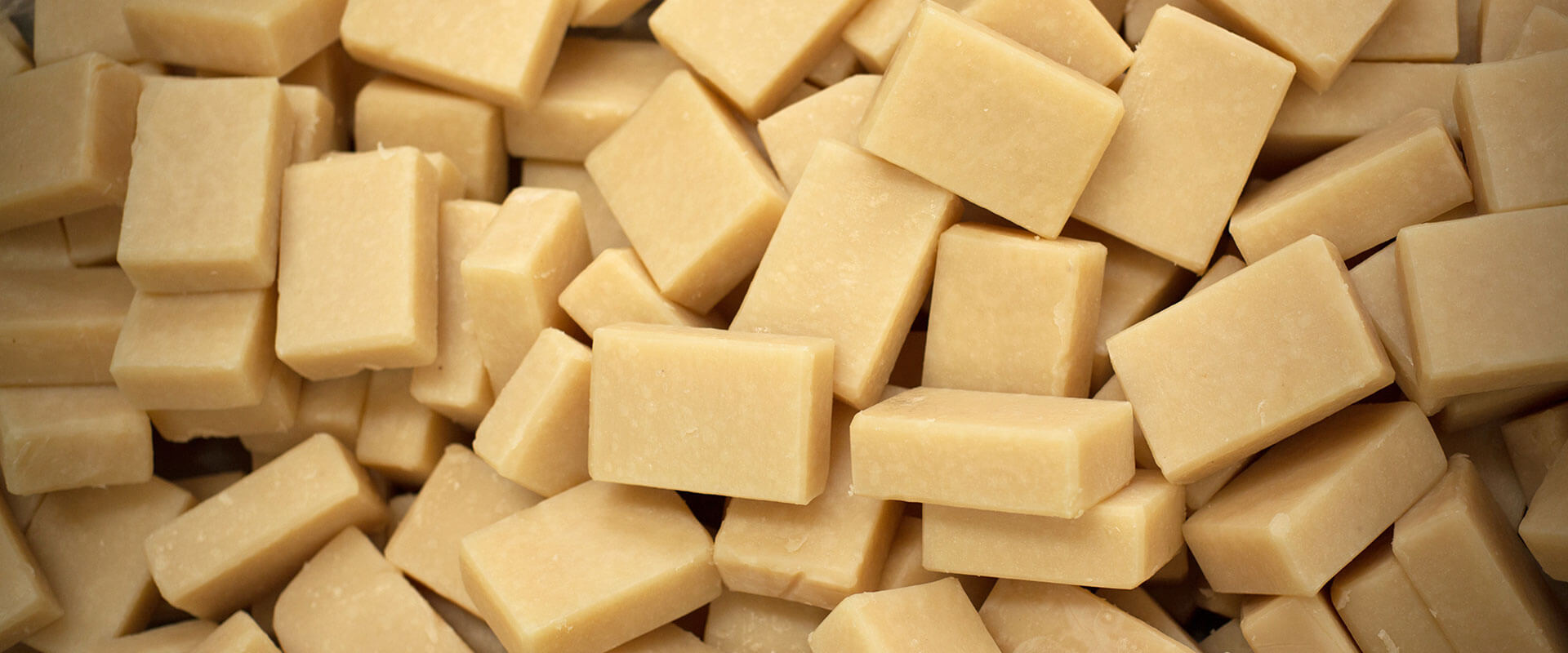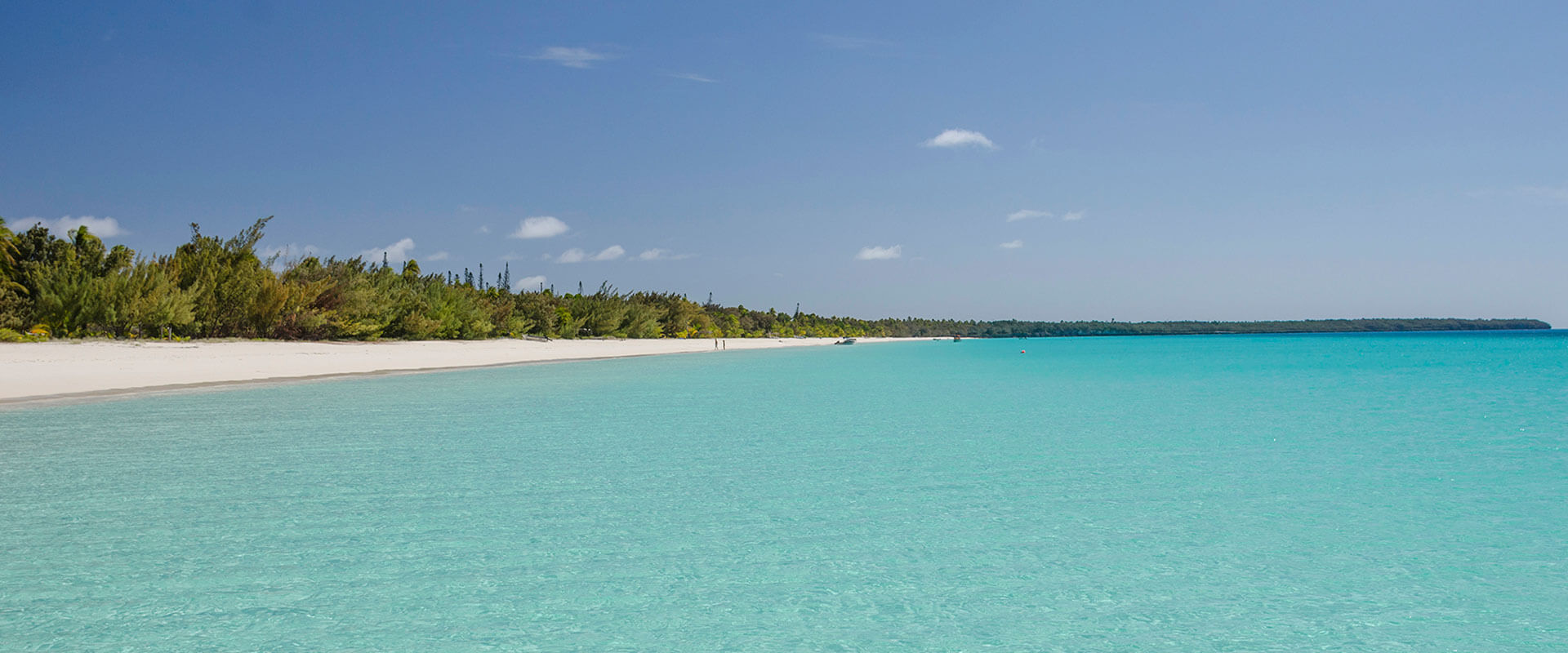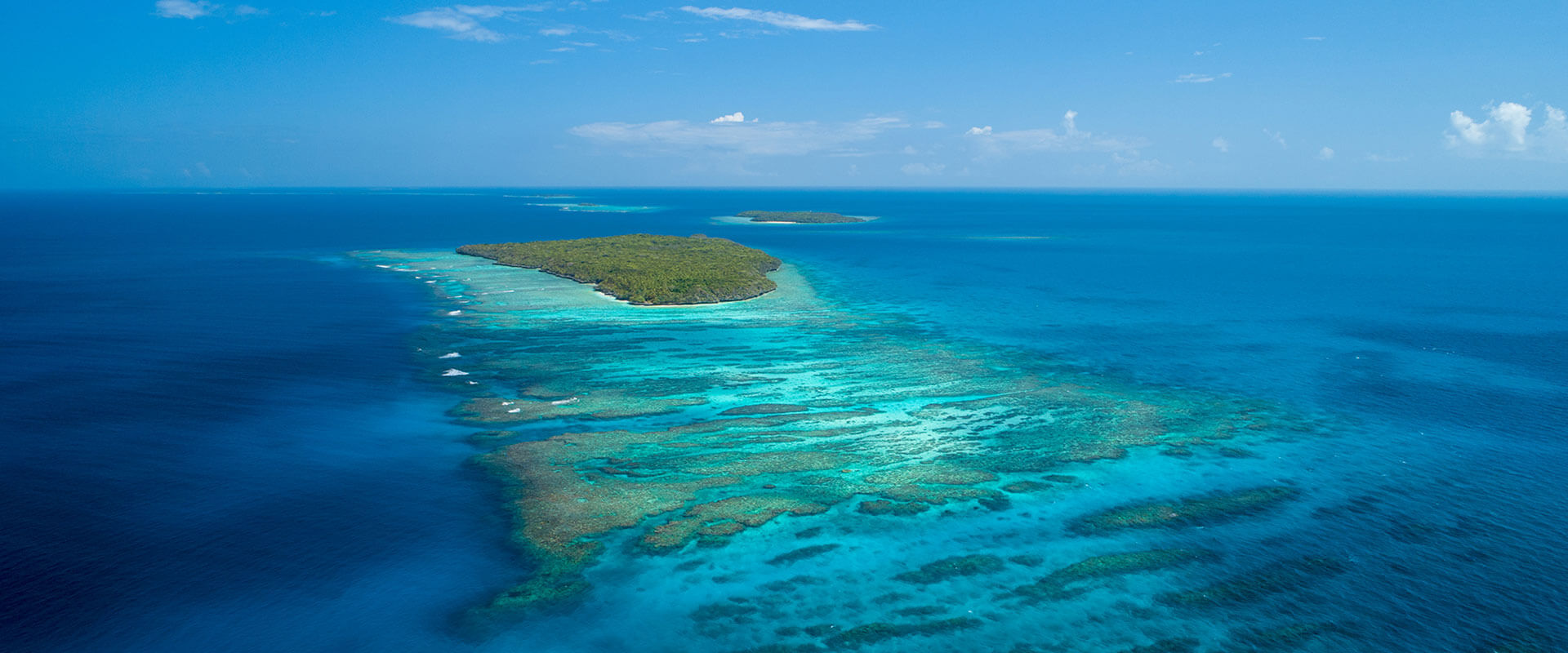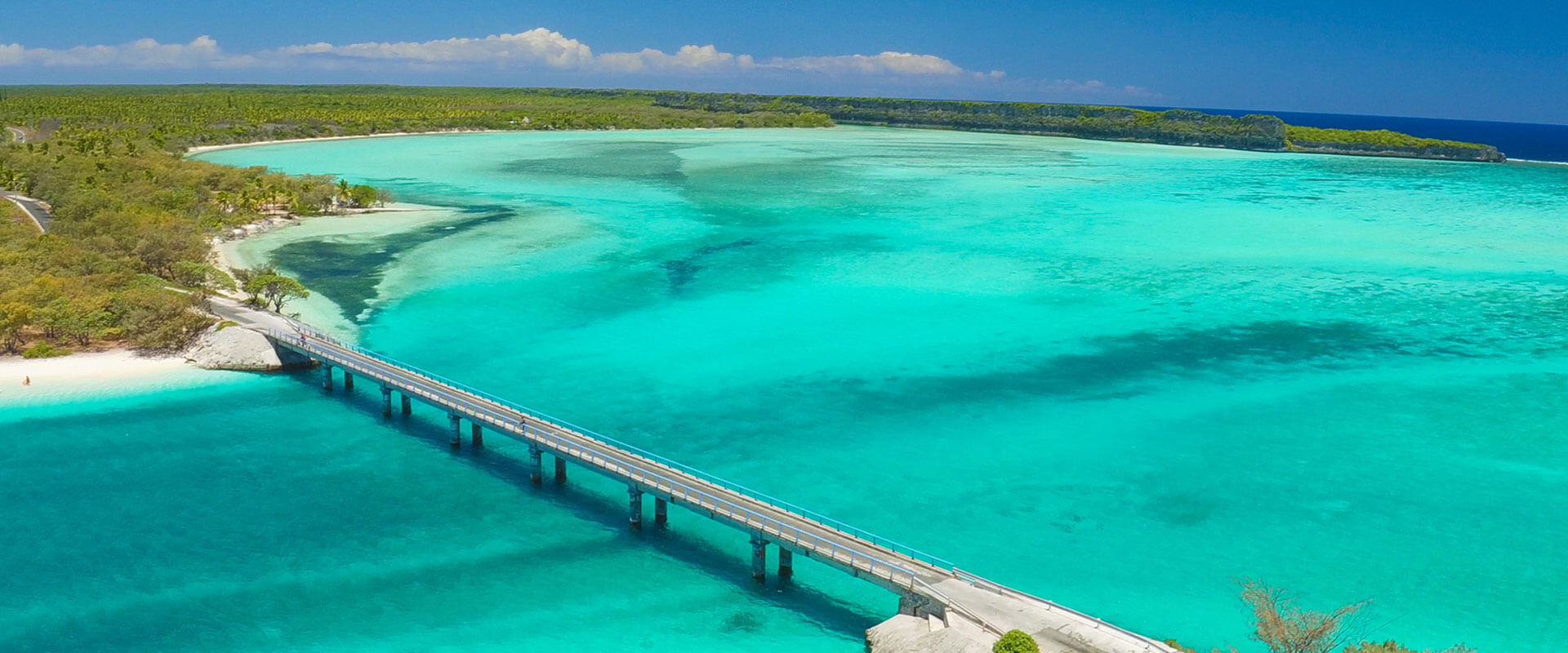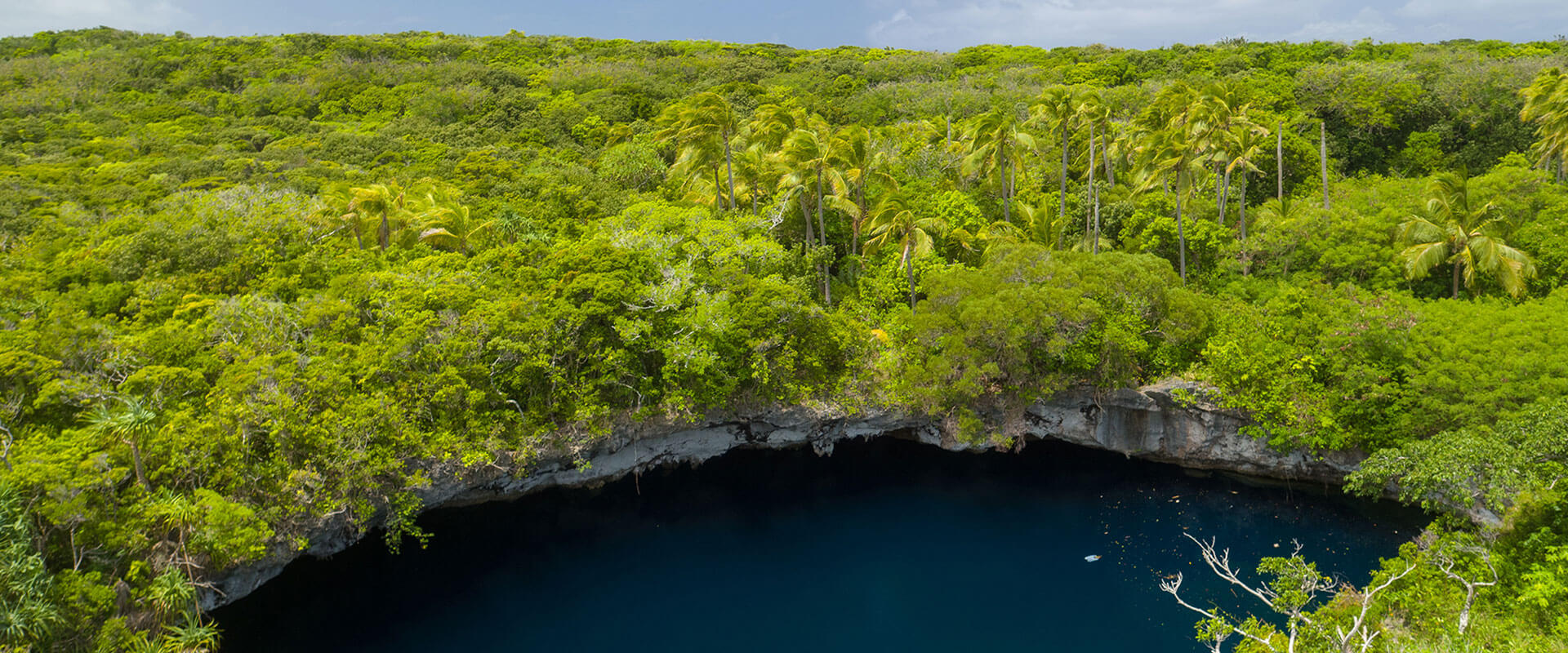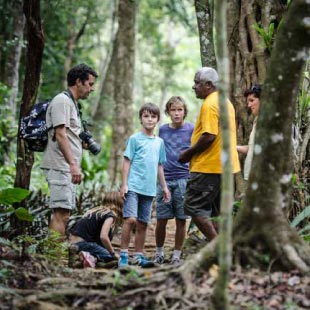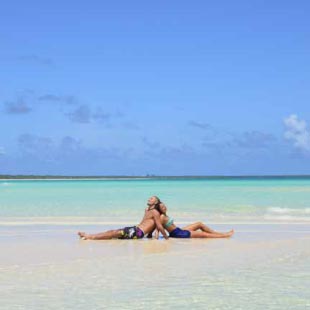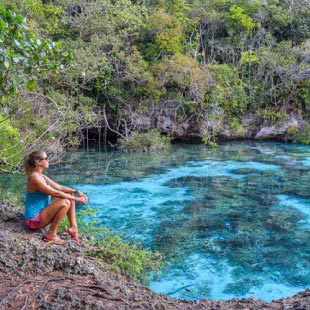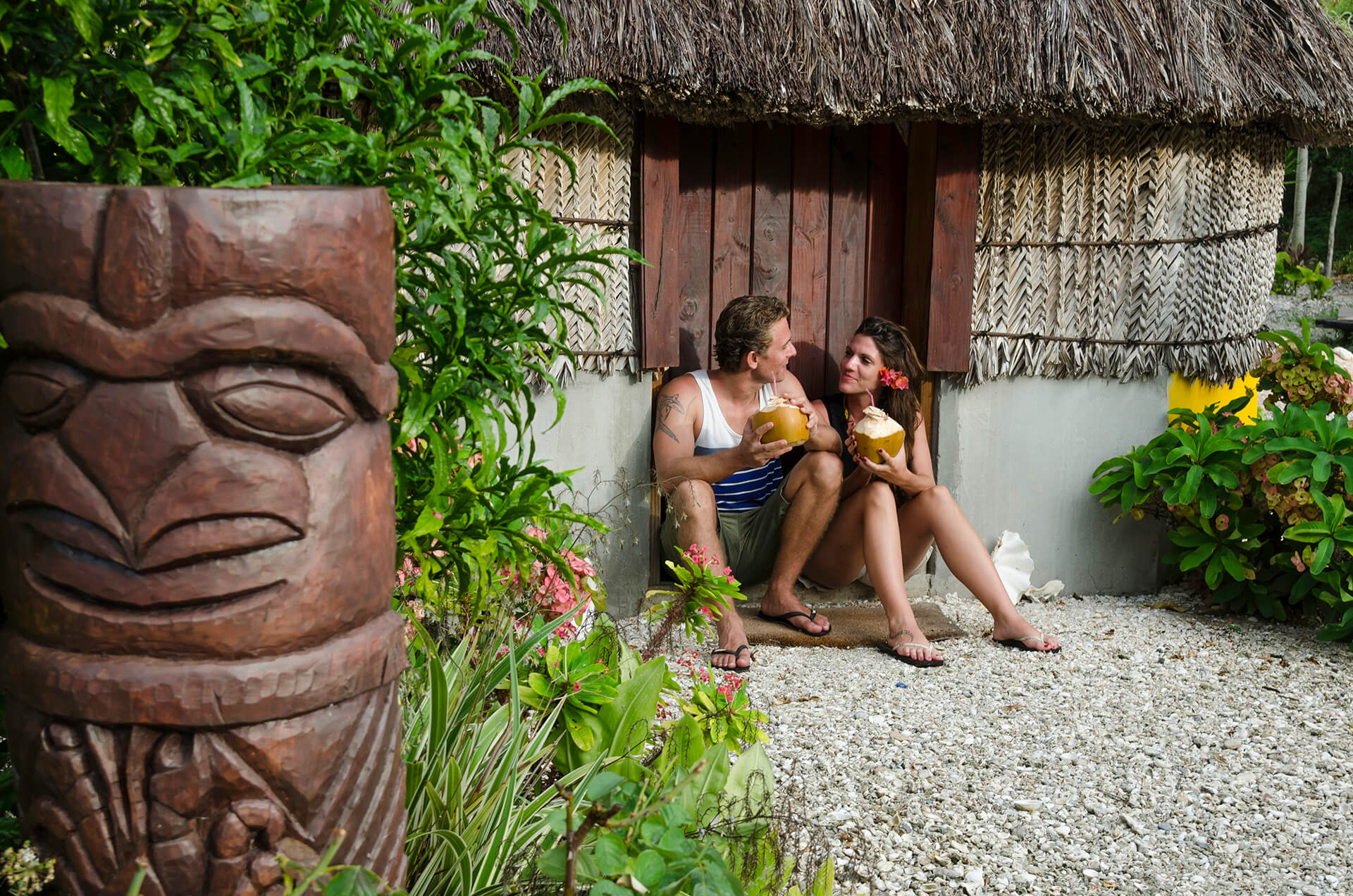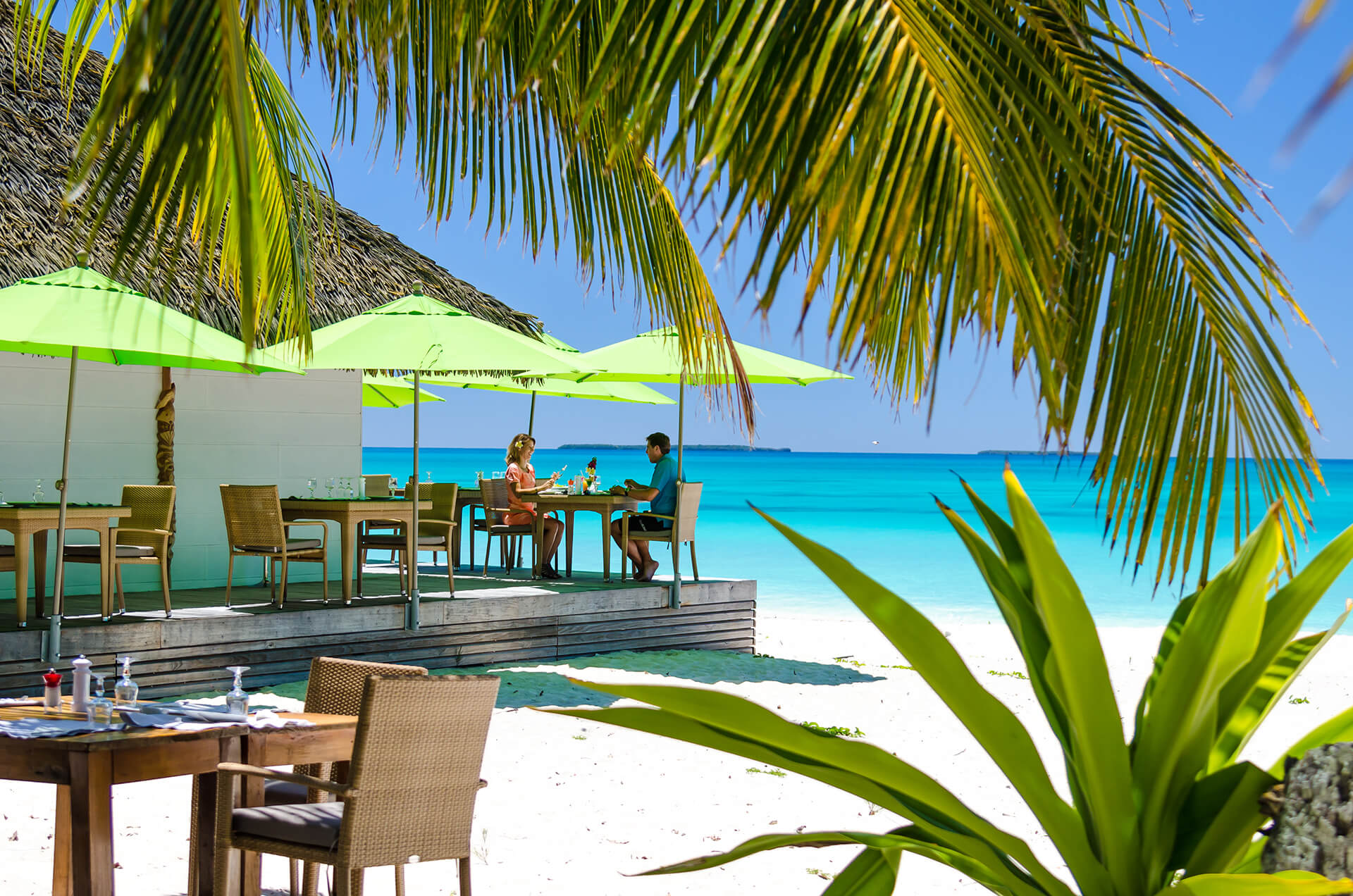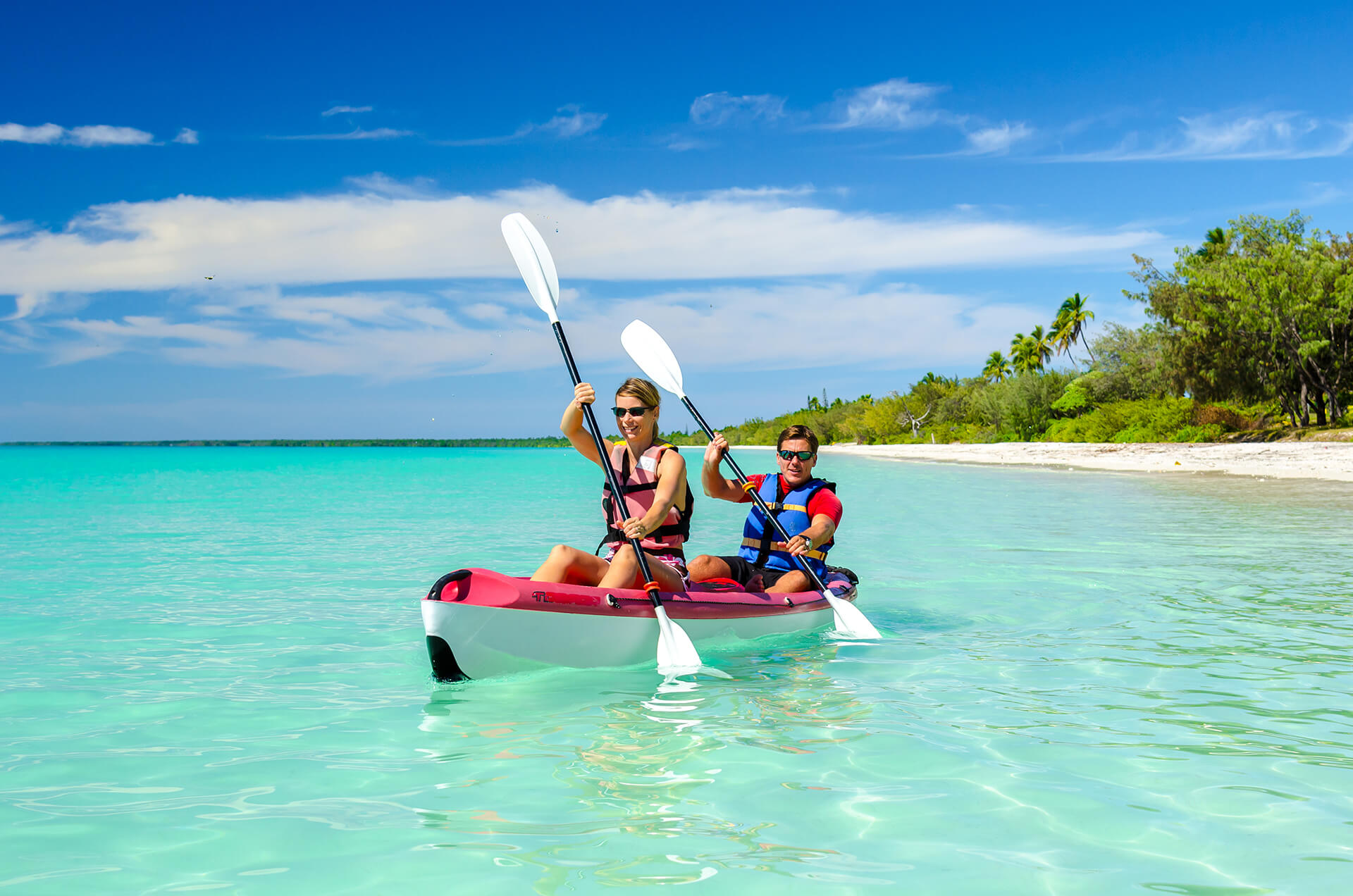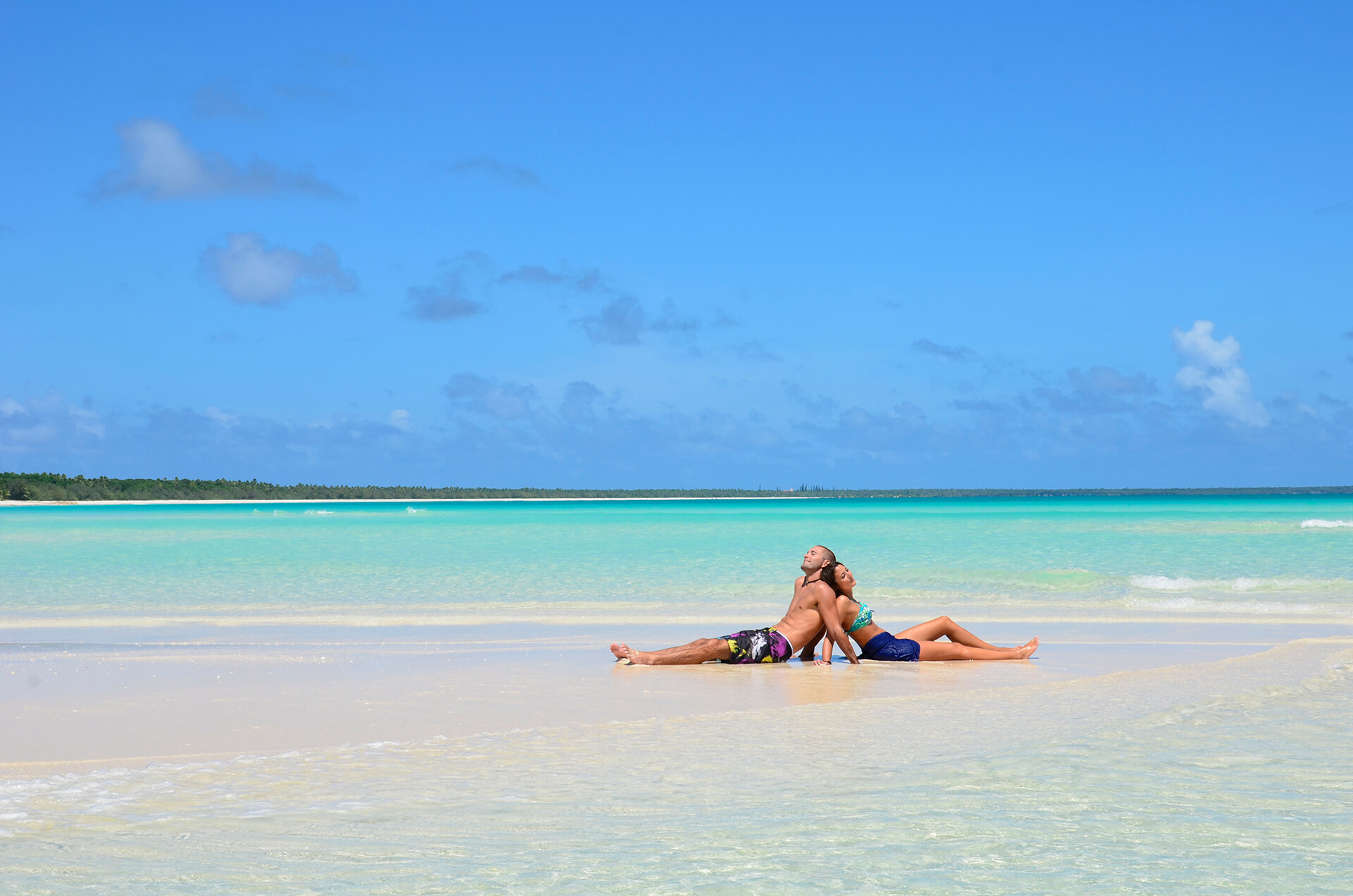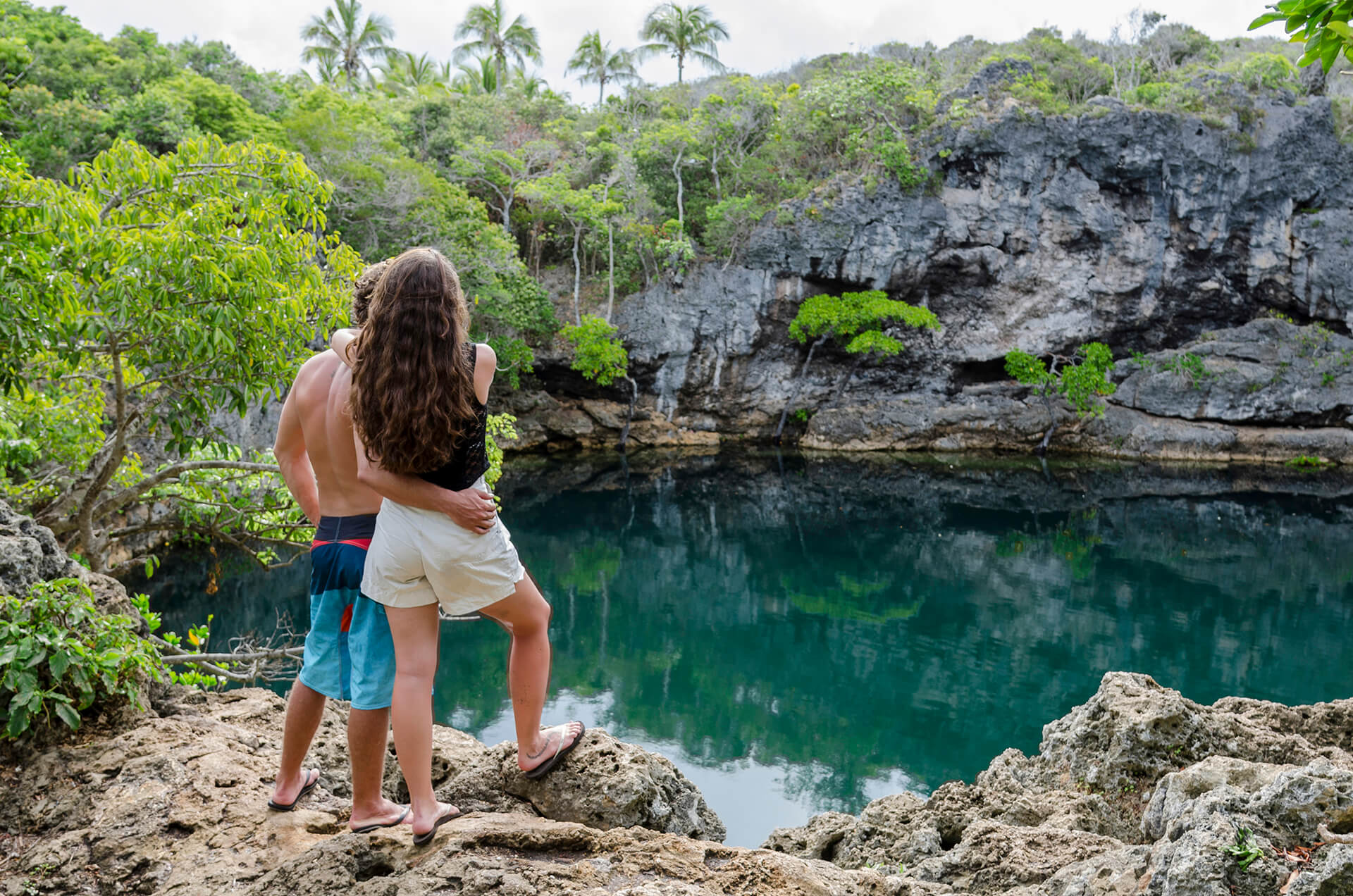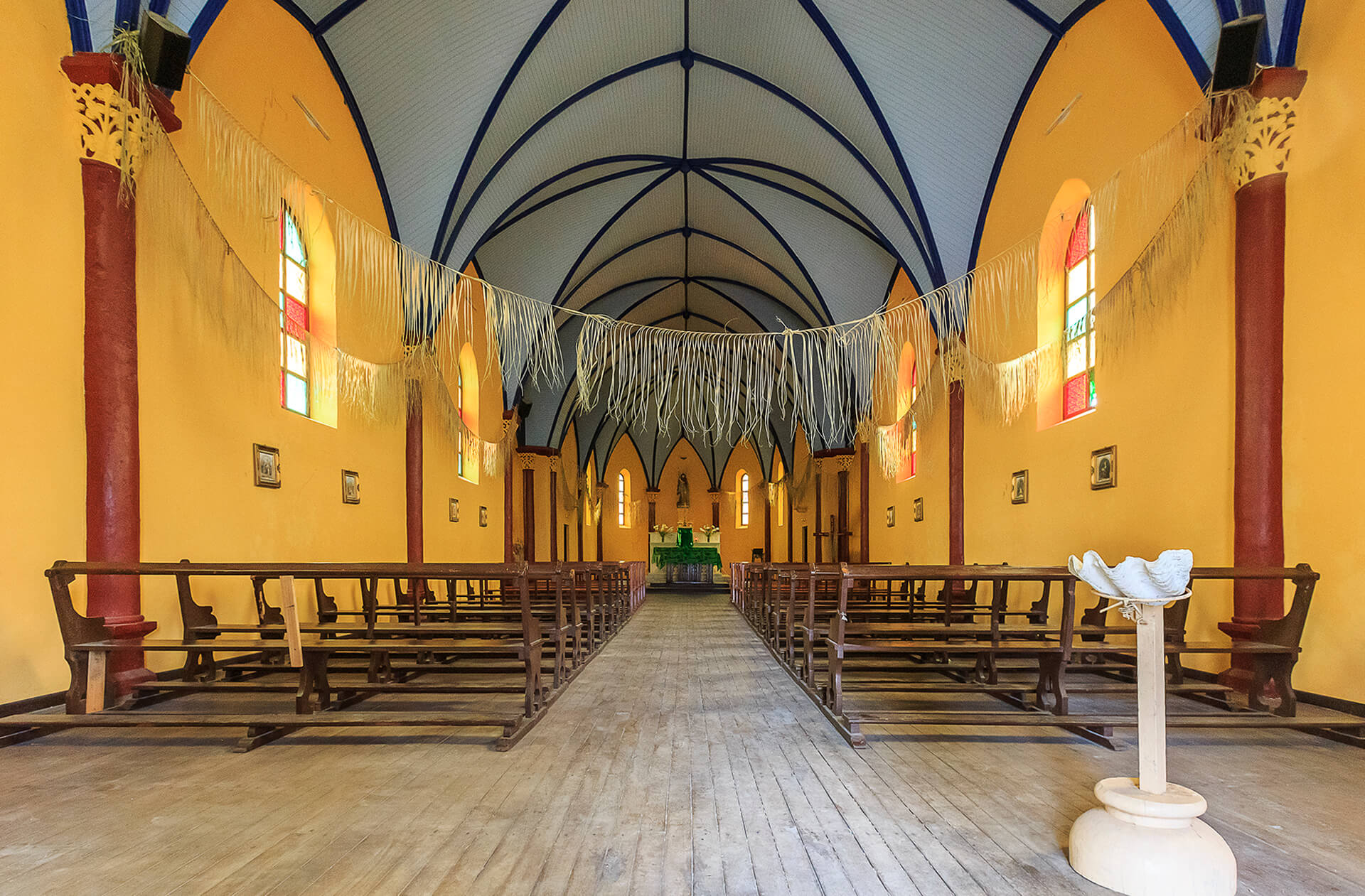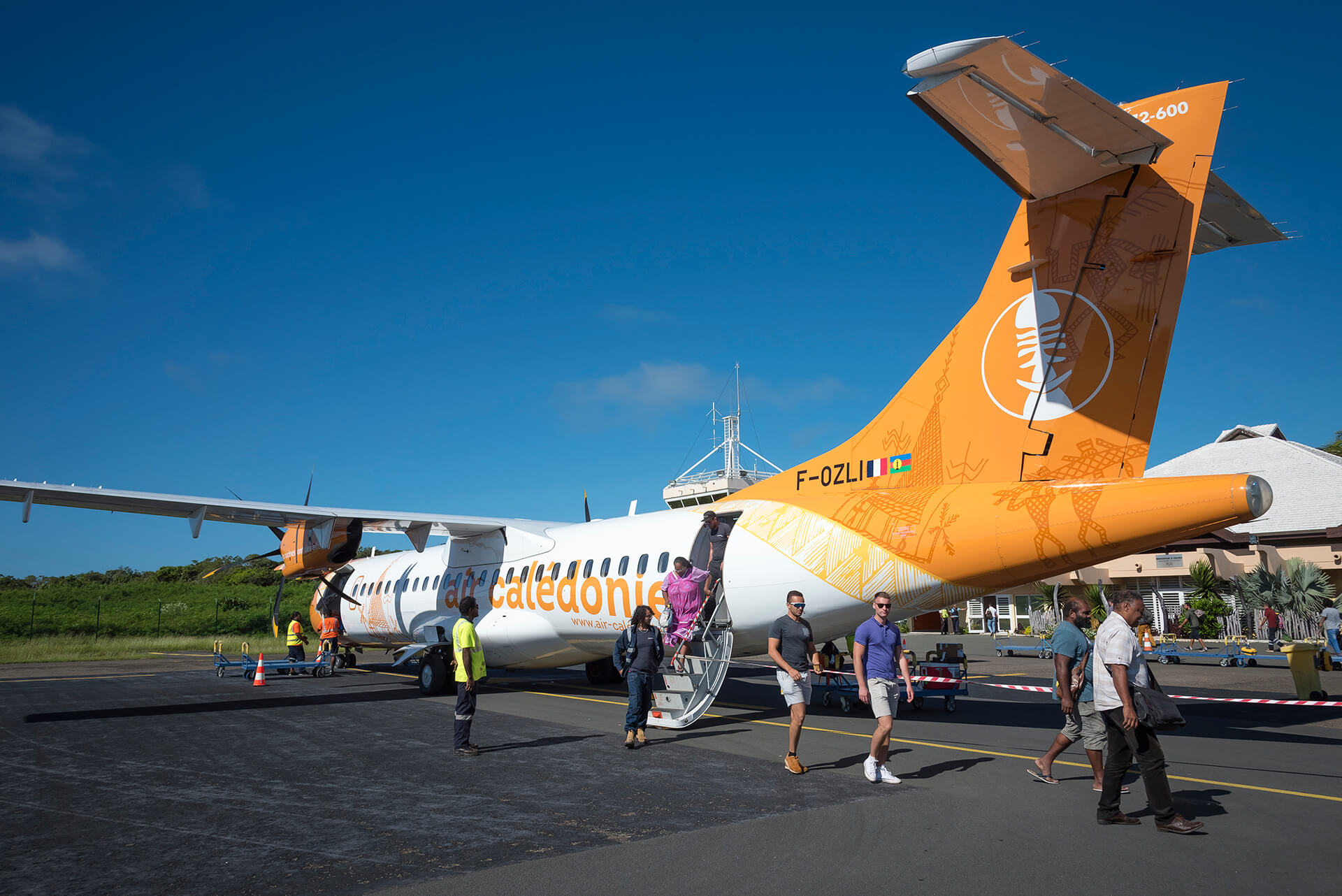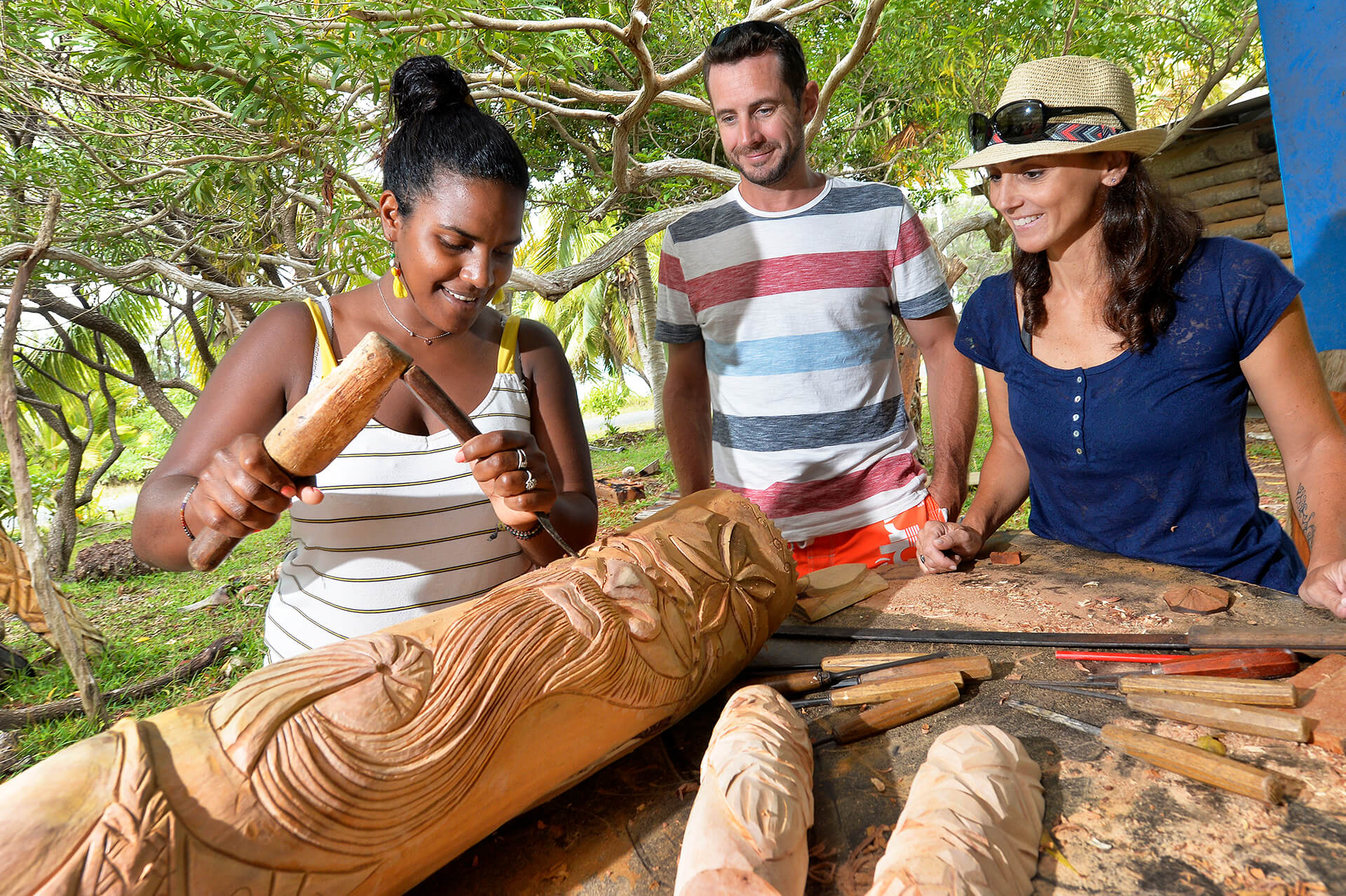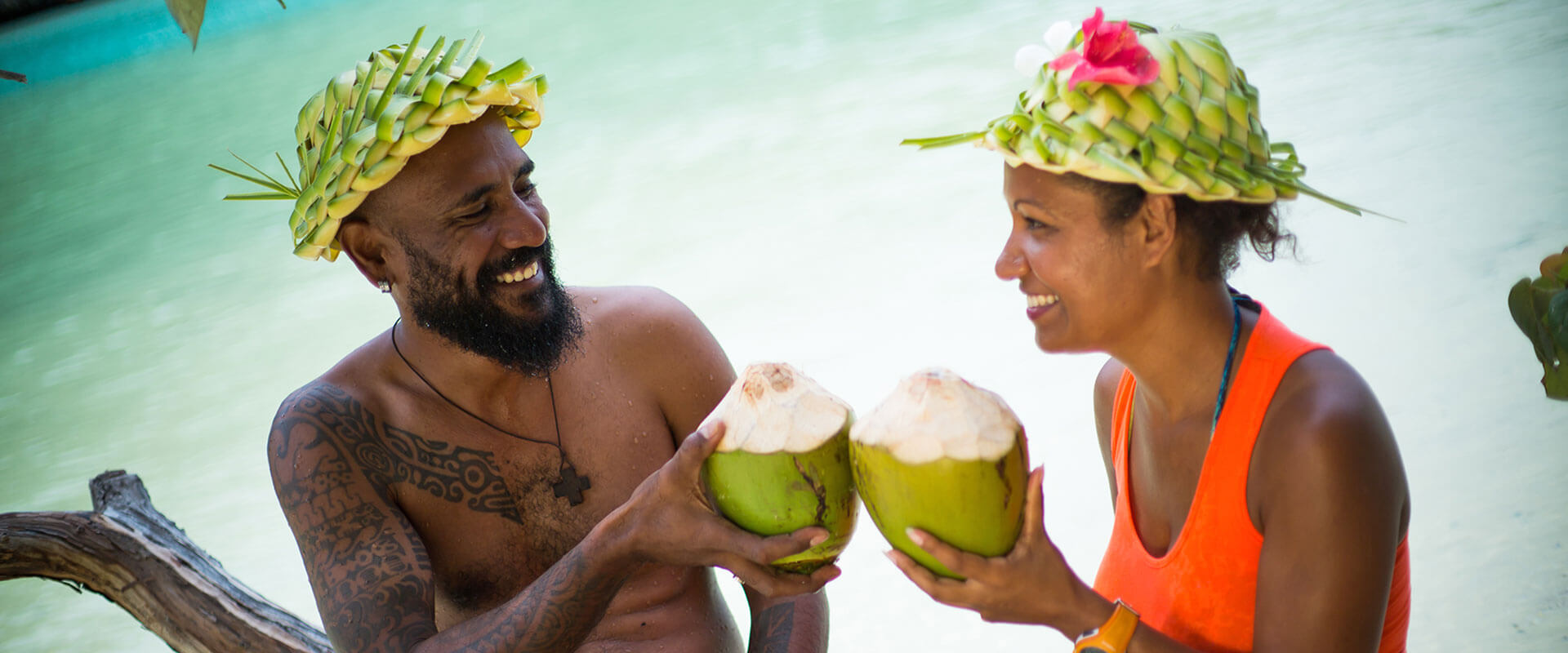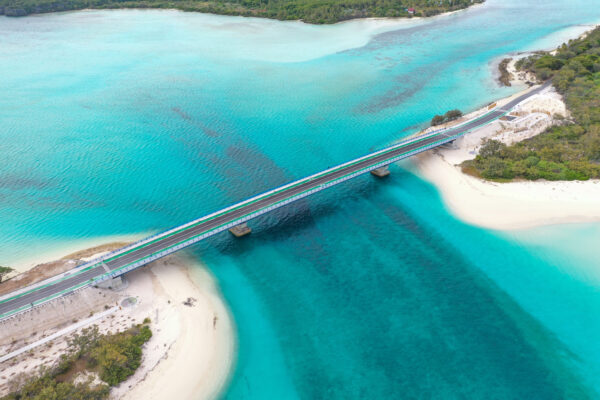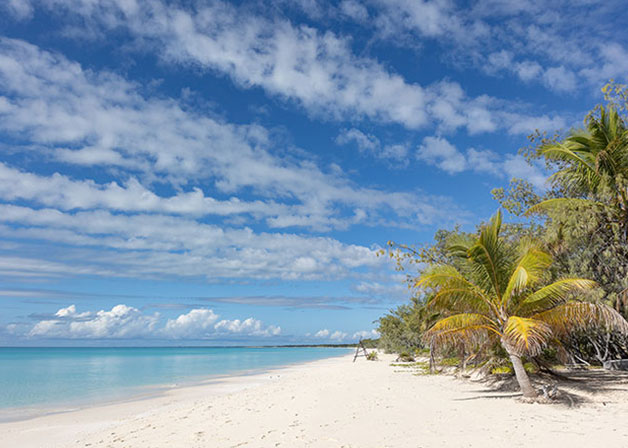OUVÉA
- Homepage
- Destinations
- Ouvéa

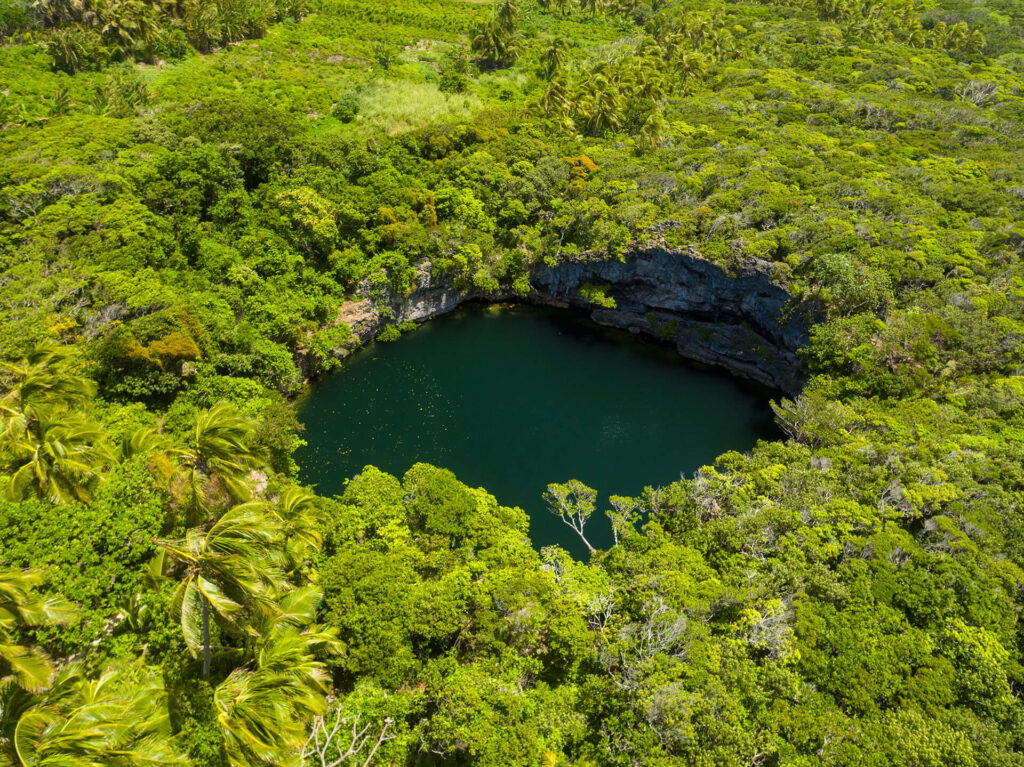
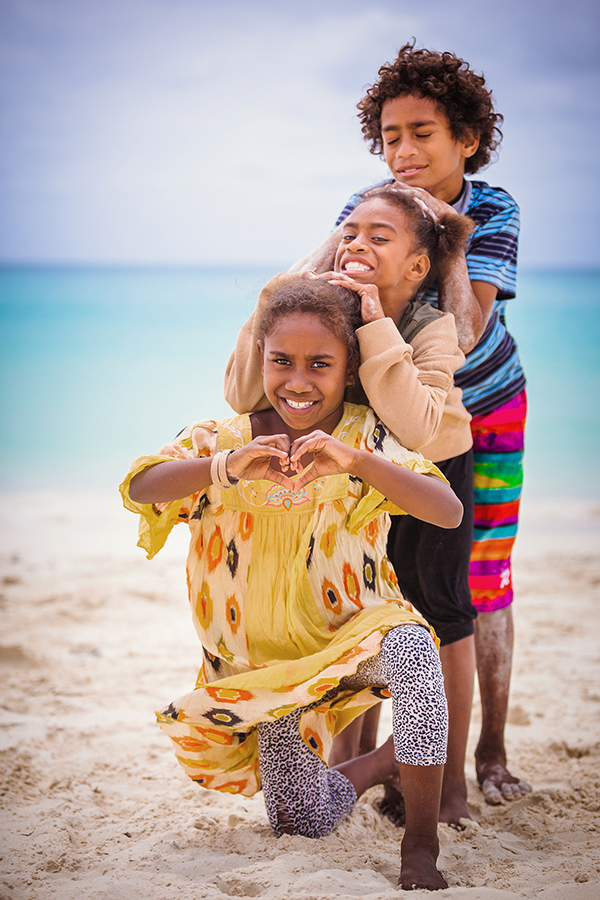
On Ouvéa, blessed by the gods, the sea has offered its most splendid setting
Ouvéa — Iaaï in the local language – is one of the most beautiful atolls in the Pacific, with its white-sand beach extending for 25 km, caressed by crystal-clear water of varying hues. Forty kilometres long and in some places less than 40 metres wide, with a total area of 132 km2, the island has a single road running north to south, sometimes along the endless beach planted with coconut palms which face the lagoon and sometimes beside the intense blue of the open Pacific Ocean. The lagoon, with its exceptionally clear water, mirrors the majestic Lekiny cliffs and serves as a food reserve for the inhabitants. Ouvéa Island is a tilted atoll, partly submerged, with a lagoon that is not filled in, as on Lifou and Maré, but bounded to the north and south by a series of reefs and islets, called the Pléiades. Ouvéa atoll and the Beautemps-Beaupré islands are one of the six areas of the New Caledonian lagoon registered as part of the World Heritage of humanity.
Ouvéa’s 3,400 inhabitants draw their origins from Polynesian and Melanesian migration. The Polynesian influence is more marked than on Lifou and Maré; even the name of the island is the Polynesian name for Wallis Island (Uvea). In the Saint-Joseph custom district, in the north, the Takedji chefferie (chief"s area) is a kind of Wallis Island enclave within the Kanak district. This is why two indigenous languages are spoken on Ouvéa: Iaaï, a Kanak language, and Faga-uvea, which is of Polynesian origin.
Ouvéa inherited the tag “island closest to Paradise” in the 70s from Katsura Morimura, a young Japanese writer who came to stay on Ouvéa and made it the title of the romantic novel she was writing. It conveys wonderfully the pleasure of living on this island suspended between sea and sky.
Surrender to Ouvéa,
the island closest to Paradise.
A SHORT IAAÏ DICTIONARY
| Good morning | > | ITALOFA |
| Good evening | > | ÖTINA YOUNY UT ÂU SAHAC |
| Goodbye | > | ÖTINA YOUNY UT ÂU |
| See you tomorrow | > | ÖTINA YOUNY UT NYI |
| Yes | > | EÉM/EKE |
| No | > | EBË/OHÉ |
| Thank you | > | OLETI |
| Very good | > | ETI SO |
| Très bien | > | ETI SO MONU |
| Not good | > | E CA SOO |
| Not well | > | E CA TI SOO |
| To sleep | > | MOKUTR |
| A meal | > | HAN |
| Lobster | > | ÖTR |
| Coconut palm crab | > | EOU/EU |
| Fish | > | WÂÂ |
| Coconut | > | WANU |
| The reef | > | WAI |
| The sea | > | KÖIÖ HINY |
| A walk | > | NGENU |
| How are you? | > | HAWA É GABU ? |
| Very well, thanks | > | ETISO OLETI |


